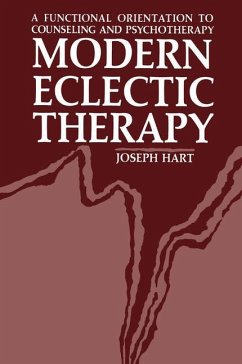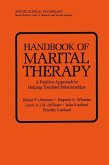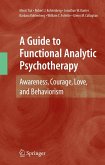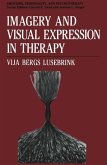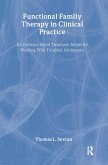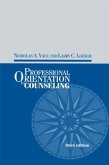This book is a hybrid; it contains theoretical sections and sections de voted to technique; it attempts to provide a historical perspective and to give a contemporary formulation of theory and practice; and it dis cusses both practical problems of day-by-day therapy sessions and phil osophical issues related to the meaning of psychotherapy in modern society. In a way the book reflects, in its own style and contents, the subject it is about. Eclectic therapy is certainly a hybrid of many strains of influence; it is more diverse in its structures, theories, and techniques than any other therapeutic orientation. Still, eclectic therapy does have a definite consistency and coherency that I hope will be clearly revealed in this book. The plan of the book is as follows. In Part I, I will present the arguments and evidence that there is a modern trend toward eclecticism among therapists and then in Part II, tie this trend into the historical tradition of functionalism. Both the common features of clinical func tionalism and the specific ideas and methods of James, Janet, Burrow, Taft, and Thorne are presented. I believe it will be a revelation to many readers to see the contemporary significance of the therapies practiced by these eclectic pioneers.
Hinweis: Dieser Artikel kann nur an eine deutsche Lieferadresse ausgeliefert werden.
Hinweis: Dieser Artikel kann nur an eine deutsche Lieferadresse ausgeliefert werden.

